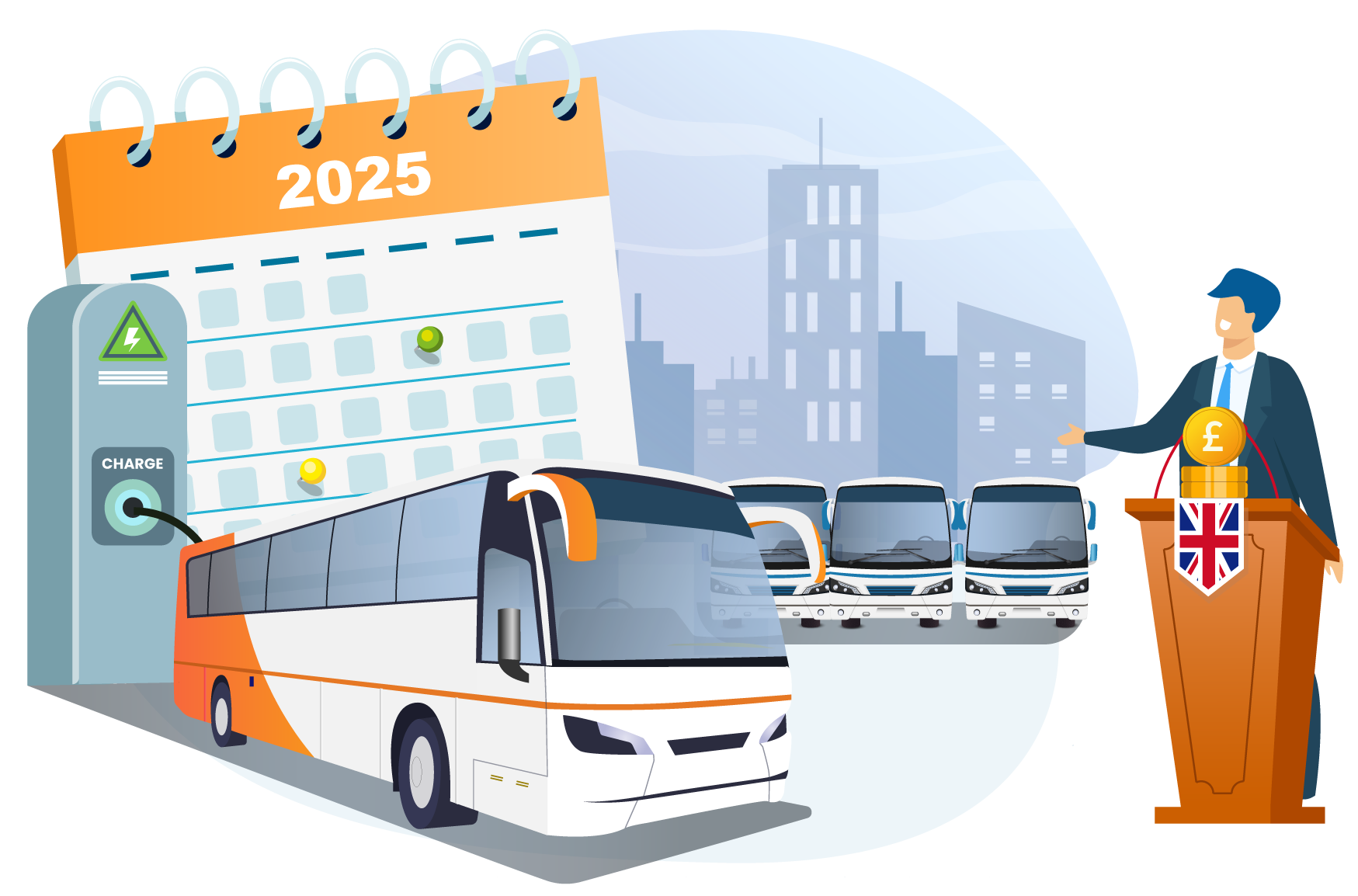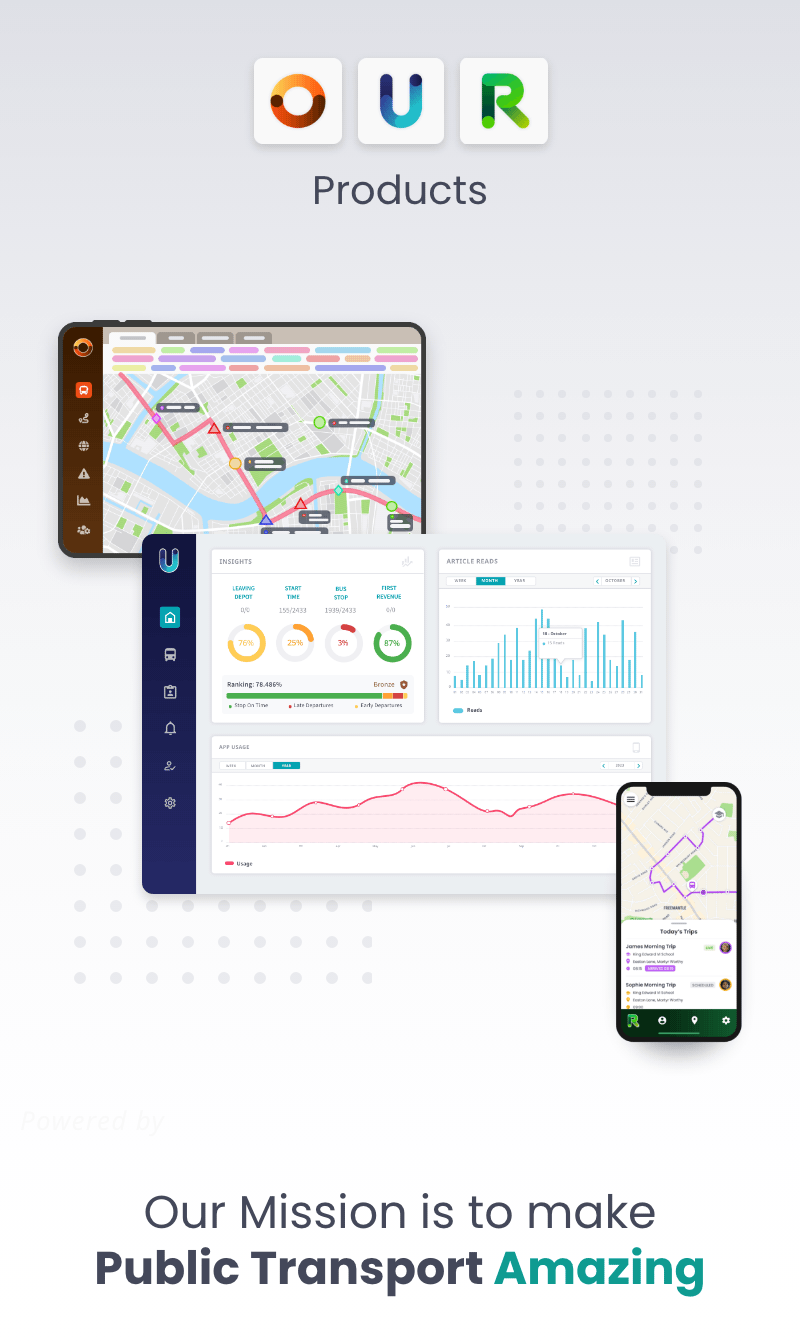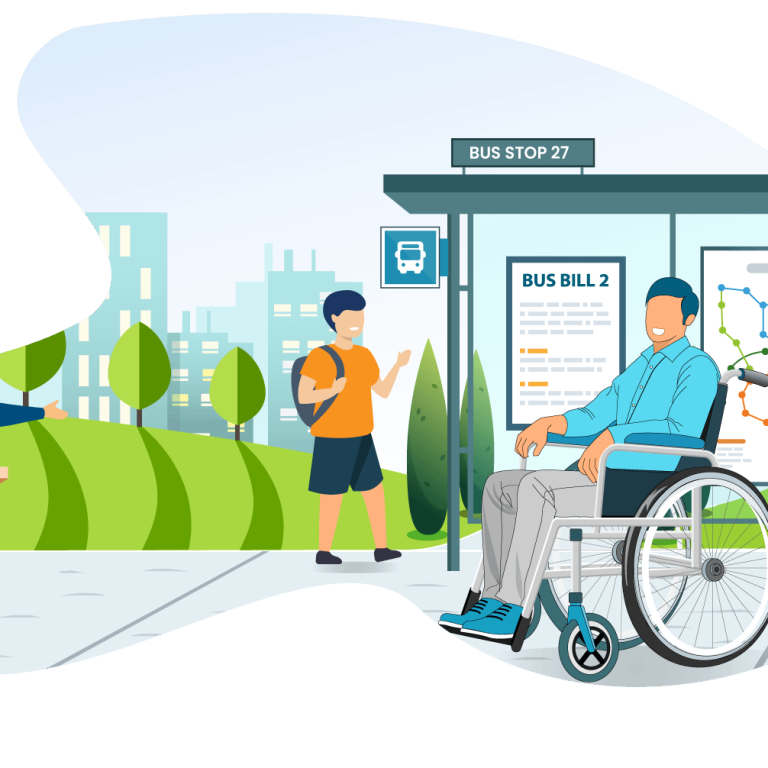The year 2024 marked a significant shift in UK governance, as the Labour Party secured a decisive victory in the general election. Following 14 years of Conservative leadership, Sir Keir Starmer assumed the role of Prime Minister, tasked with revitalising the economy through a series of challenging and potentially contentious policy decisions. While the new administration’s impact remains to be assessed, it is still early days to form a definitive judgement.
From the bus industry’s point of view, 2024 marked the first full year of bus franchising in operation, allowing bus companies and local authorities to evaluate the effectiveness of the new system. There is no doubt that the Mayor of Manchester, Andy Burnham, has hailed the franchising model as a real success story. However, in discussions with some of the managing directors actually delivering the service, I have received mixed reports, both positive and negative. As ever, the persistent challenges of congestion and reduced bus journey times continue to test bus operators. The harsh reality is simple: if we are to make bus services reliable, then the humble bus must be given priority over the private car.
Interestingly, bus services in London have faced significant challenges in recent years, with journey times now at their slowest in decades. Ironically, on some routes, it is quicker for people to walk than to travel by bus, as reduced average speeds across large areas of the city, combined with increased traffic volumes despite the congestion charge, have made operating efficient networks more difficult than ever. It is important to note that operators’ payments are tied to their reliability, so, despite their best efforts, failing to meet performance targets comes at a substantial cost.
Having said that, I was personally very pleased to see that First Bus has returned to the capital after acquiring the operations of French bus operator RATP Dev Transit London for a mouth-watering £90 million, or €108 million. In 2023, the revenues reached £203 million. I believe this is a positive move. It is a sizeable operation with 89 bus routes operating mostly across west and central London, representing 12% of the London market. The acquisition includes 10 depots and a fleet of 1,000 buses, a third of which are electric.
This move will no doubt support First Bus’s future plans in other parts of the country, where mayors and local authorities are increasingly eager to take control of their local bus networks. Unfortunately, this will inevitably result in some bus companies missing out and potentially going out of business. However, that is the nature of franchising – as the saying goes, you win some and lose some.
The £2.00 flat fare experiment introduced by Boris Johnson was also revised by the Labour Party when the Chancellor announced an increase to £3.00. To be honest, I was expecting it to be scrapped altogether, so I was pleasantly surprised that it survived at all. To put it into perspective, my local pub charges £5.80 for a pint of lager, so unlimited travel all day for £3.00 seems like excellent value to me.
As we step into 2025, there is optimism that the bus and coach community will continue to develop and thrive, with an increasing presence of electric and hybrid buses across the UK. My hope is that the government will not only provide strong financial backing but, more importantly, invest in greater infrastructure support. Priorities such as bus lanes and improved access to city centres, as demonstrated in cities like Leicester, Nottingham, Reading, and Brighton, are key. These cities have built excellent bus networks that deliver first-class services to growing numbers of satisfied passengers.
Let us see what 2025 has in store. I approach the future with cautious optimism!

Written by Austin Birks






